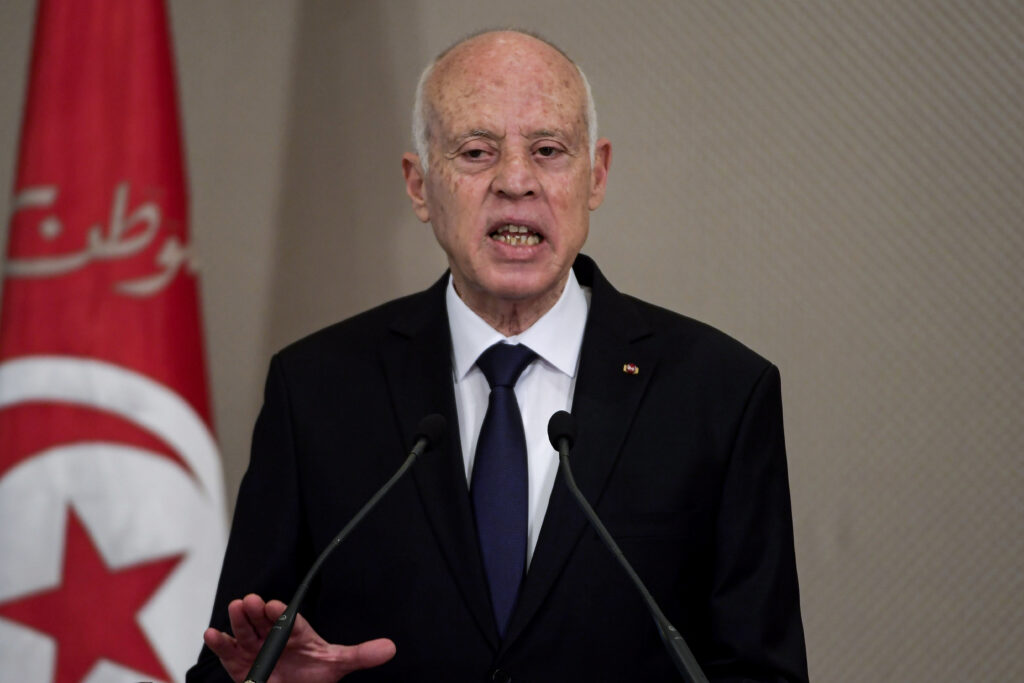Tunisians began voting on Sunday in a pivotal election that sees President Kais Saied aiming for a second term, amid a backdrop of political turmoil and growing criticism of his administration. Saied, who has been in power since 2019, faces two challengers: his former ally turned critic, Chaab Party leader Zouhair Maghzaoui, and Ayachi Zammel, who had been considered a formidable opponent until his sudden imprisonment last month.
Once regarded as a beacon of democratic progress following the 2011 Arab Spring uprisings, Tunisia’s political landscape has shifted dramatically in recent years. Rights groups contend that Saied has reversed many of the democratic advancements made since the revolution, consolidating power and diminishing institutional checks. In his defense, Saied argues that he is combating a corrupt elite and will not become a dictator.
The electoral environment has been marred by significant repression, with many senior figures from major opposition parties imprisoned on various charges, leaving the electorate disillusioned and without substantial alternatives. In an alarming move, the electoral commission, appointed by Saied, disqualified three prominent candidates just last month, prompting protests from opposition groups and civil society.
Voting concluded at 6 p.m. local time, with results expected within two days. Despite the evident challenges, some citizens still express support for Saied, pointing to his commitment to tackling corruption, as illustrated by the sentiments of voters like Salem Lahmar, a fruit seller who believes in Saied’s vision for a cleaner government. However, widespread dissatisfaction remains due to Tunisia’s ongoing economic struggles, characterized by shortages of subsidized goods and frequent power and water outages.
The election comes against a backdrop of mounting tensions, including recent legislative moves that stripped the administrative court of its authority over election disputes, further consolidating Saied’s control over the political process. As Tunisia navigates this precarious juncture, the outcome of the election may have profound implications for the country’s democratic future and socio-economic stability.



